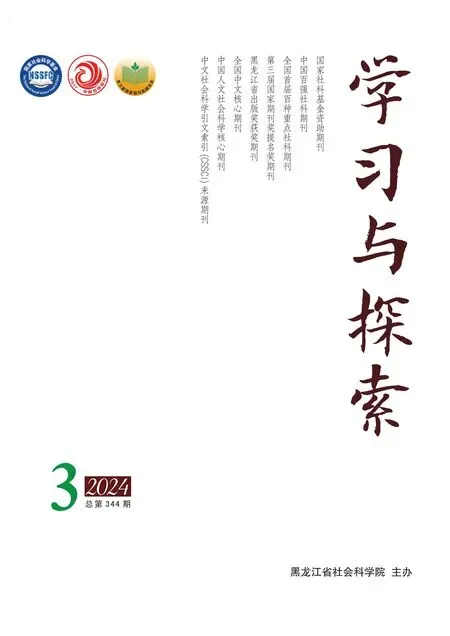ABSTRACTS
CooperativeGovernment:Sub-ProvincialFiscalSystemPerspective
LV Bing-yang,LI Zhao-yi
Abstract:Based on the perspective of the sub-provincial fiscal system, this paper extracts the proposition that the vertical government in China can be seen as a cooperative government to a certain extent. The sub-provincial fiscal system is the fundamental institutional framework for intergovernmental relations, which drives cooperation among governments in providing public goods, promoting economic development, and sharing risks. In terms of fiscal expenditure system, the division of common authority and expenditure responsibilities promotes intergovernmental cooperation in carrying out public affairs. In terms of fiscal revenue system, the mechanism of tax sharing encourages intergovernmental cooperation in economic development. Through tax sharing and the division of expenditure responsibilities, mechanisms for sharing fiscal and economic risks among governments can be established. The concept of a cooperative government helps reveal the essence of intergovernmental relations in China and provides guidance for future institutional reforms in intergovernmental relations.
Keywords:Cooperative Government; Fiscal Incentives; Principal-agent
MinimalistCooperativeGovernance:ResearchonPracticalStrategyforEnvironmentalNGOstoConstructWasteManagementModels
LIU Meng, LU Chun-tian
Abstract:In order to solve the management dilemma such as high inventory and fast growth of urban solid waste under the new situation, it is necessary to rely on social forces to establish an effective waste management mode. Environmental NGOs are one of the main bodies of urban grassroots environmental governance. The practice of environmental NGOs participating in waste management is a beneficial exploration to reconstruct the pluralistic relationship of environmental governance and deepen cooperation in professional fields. In this study, Chengdu GY, a non-profit public institution, was selected as a case study. We found that environmental NGOs can create a platform for habitant improvement and localized services. Through the development of residents self-organization, the community environmental protection relationship network has been established. The intergenerational linkage model consolidates the trust foundation of governance, and then builds the garbage management model. Under this model, environmental NGOs have shaped the cooperative relationship between multiple subjects, alleviated the possible instability in the long-term development of cooperative governance through scene education, further strengthened the environmental protection role of the “traditional community” in the community, and built a community of waste management responsibility with a relatively solid social foundation.
Keywords:Environmental NGOs; Waste Management; Minimalist Cooperative Governance; Community of Responsibility

